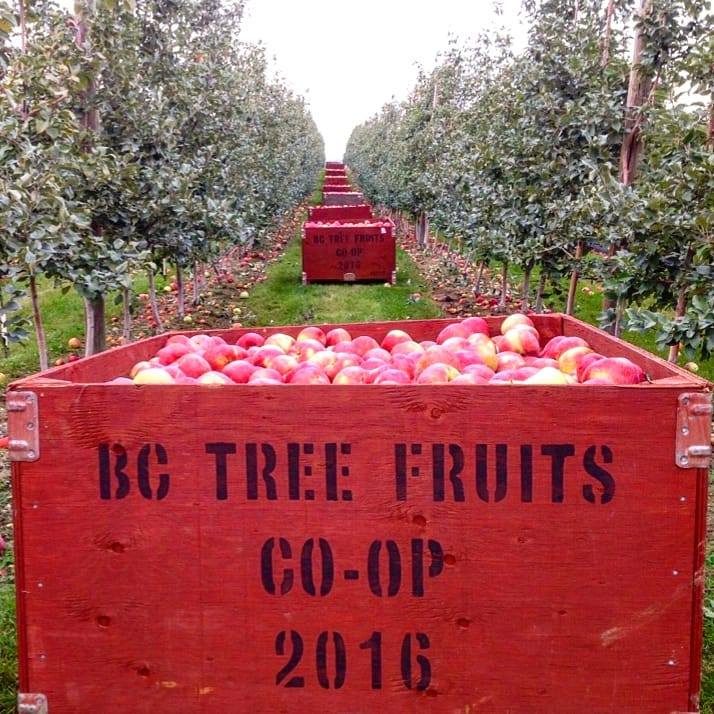About 150 grapegrowers from across the Okanagan gathered for two industry townhalls, February 2 and 6, to discuss mid-January’s freeze event.
“Given the low temperatures and the length of the cold spell, we can assume that nearly all of the grape buds have been killed and there will be very little fruit this year,” says research scientist Ben Min Chang of the Summerland Research and Development Centre. “What we need to consider now is whether there has been trunk damage and how we can get our vineyards back into production.”
One solution is to pull vines and replant, but that is expensive and vineyards would take years to recover to full production.
“If you were to replant this year, you would want the vine to grow without fruit through 2025,” explains BC Grapegrowers Association president Sue de Charmoy. “You would get a small crop in ’26 but not be in full production till 2028.”
That is assuming you could obtain virus-free stock.
“The nurseries I’ve contacted say they have lots of Cabernet Franc and Syrah, but of course we don’t want those,” one grower noted.
These varieties are some of the least cold-resistant varieties for BC growing conditions, and only mature in select sites in the province.
Summerland Research and Development Centre researcher Jose Urbez-Torres showed growers how they could renew vines by training shoots from latent buds (suckers) to replace damaged trunks.
“This is the best-case scenario,” notes de Charmoy. “You would get 50% crop next year and back to full crop by 2026, without the cost of a full replant.”
Cost is a consideration, given that the province has yet to promise any funding. A provincial statement of support for the wine sector in its current trade dispute with Alberta noted that $27 million was paid out in crop insurance last year following the December 2022 freeze, but no other support has been forthcoming.
De Charmoy has very little information on what government assistance may be forthcoming.
“BCGA, the BC Wine Grape Council and Wine Growers BC are all working together on your behalf,” she told growers.
Representatives of the three groups are meeting with the provincial ministries of agriculture and tourism on February 7.
In addition, the BC Agriculture Council is preparing to gather information for an industry-wide support program for fruit and vegetable growers impacted by January’s freeze.
With files from Peter Mitham


 BC Tree Fruits board remains intact
BC Tree Fruits board remains intact